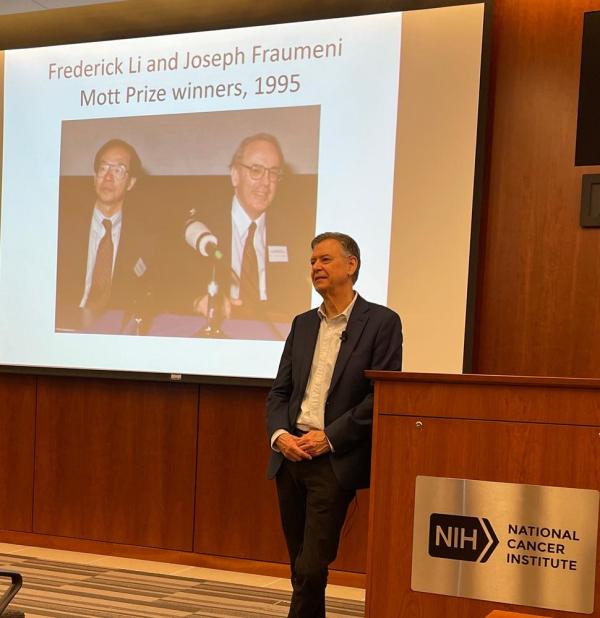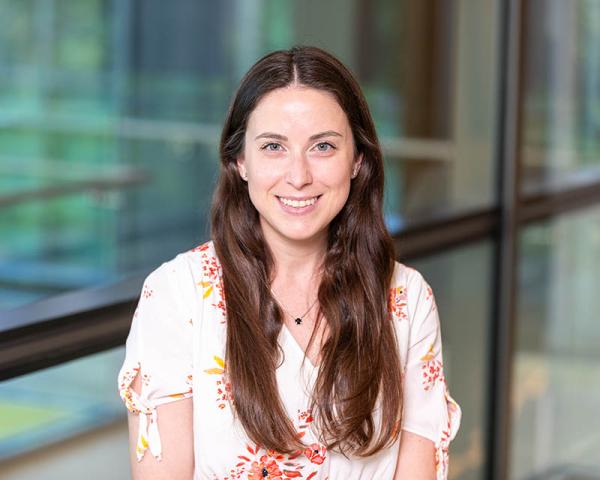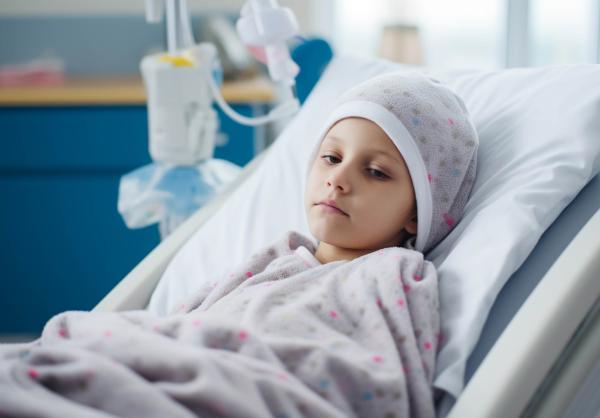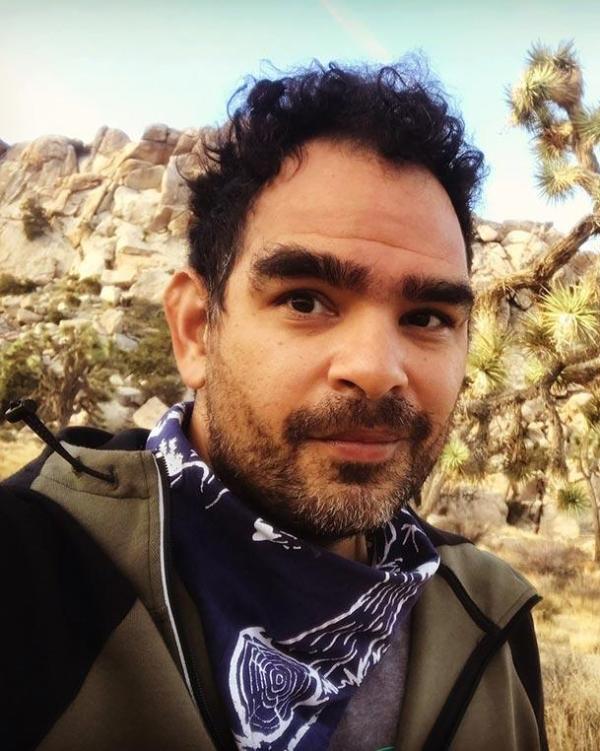IRP’s Marston Linehan Receives HHS Secretary’s Award for Distinguished Service
Honor Recognizes Groundbreaking Advances in Cancer Genetics
As an undergraduate majoring in English, IRP senior investigator W. Marston Linehan, M.D., was fascinated by the complex poetry of 18th-century writer William Blake. But as much as he loved puzzling out the deeper meanings behind literary metaphors and imagery, Dr. Linehan eventually realized he wanted to do work that had more tangible benefits for people. Biology, with its own deep and complex mysteries, fit the bill.
Nearly 40 years later, Dr. Linehan’s pioneering work in the study of genetic forms of kidney cancer has transformed how doctors treat the disease. Over that period, he and his colleagues discovered or co-discovered nine distinct forms of kidney cancer and identified 10 different genes that cause them. These discoveries have provided the basis for targeted therapies and new approaches to treatment and, this year, earned Dr. Linehan the HHS Secretary’s Award for Distinguished Service, the highest honor given by the US government’s Department of Health and Human Services (HHS).










